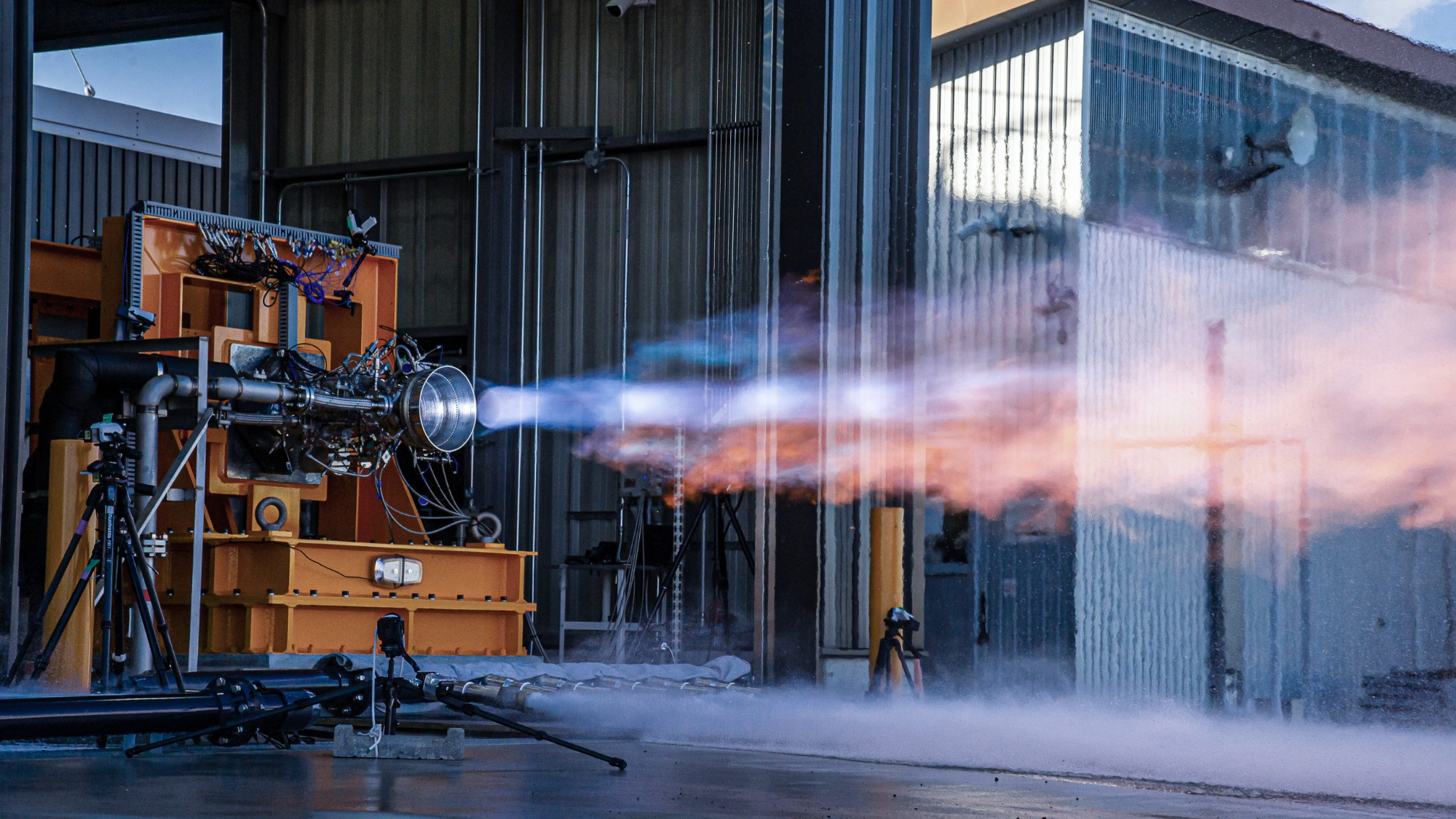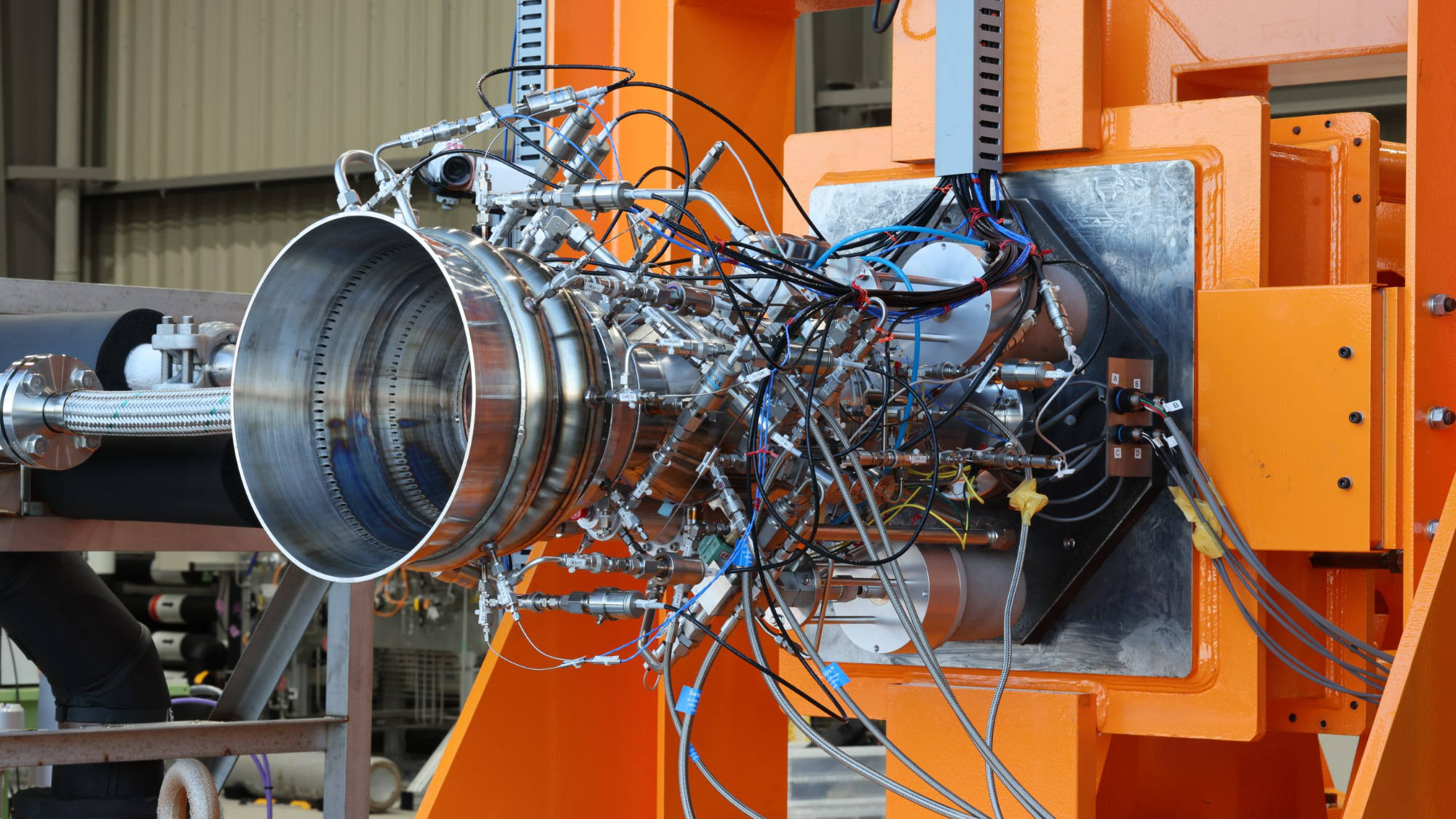
A Japanese space startup has taken a big step toward developing its first orbital rocket — which will be powered by gas from cow dung.
Interstellar Technologies Inc. recently performed a combustion chamber static fire test at Japan's Hokkaido Spaceport as part of the development of the Cosmos engine for its Zero rocket.
The combustion chamber burned for 10 seconds, marking engineering progress but also demonstrating liquid biomethane as a sustainable rocket fuel, Interstellar representatives said in a Dec. 7 statement. The Zero rocket will notably use liquid biomethane fuel produced locally from livestock manure — cow dung — with liquid oxygen as the oxidizer.
Related: Japan's Interstellar Technologies aims to launch 1st orbital rocket in 2025

Zero is currently scheduled to fly for the first time in 2025. It will be 105 feet (32 meters) long with a 7.5-foot (2.3 m) diameter, making it larger than Rocket Lab's Electron vehicle (which is 59 feet, or 18 m, tall). Zero will be able to lift around 1,760 pounds (800 kilograms) to low Earth orbit and will launch from Hokkaido Spaceport.
The new combustion chamber uses the pintle injector utilized in SpaceX's Merlin engines (which power the company's Falcon 9 and Falcon Heavy rockets), developed and improved through efforts with Tokyo University and JAXA Space Innovation through Partnership and Co-creation (J-SPARC). (JAXA is the Japan Aerospace Exploration Agency, the Japanese equivalent of NASA.)

Interstellar claims to be the first commercial company in Asia to reach space with a liquid propellant rocket, using its MOMO-F3 suborbital launcher.
China's commercial firms Landspace and Space Pioneer went one better this year, achieving orbit with their respective Zhuque-2 methane-fueled and Tianlong-2 kerosene-fueled rockets.
Zhuque-2 was the first methane-powered rocket to reach orbit. But much larger rockets using methane — SpaceX's Starship and ULA's Vulcan — could have launches within the next month.







